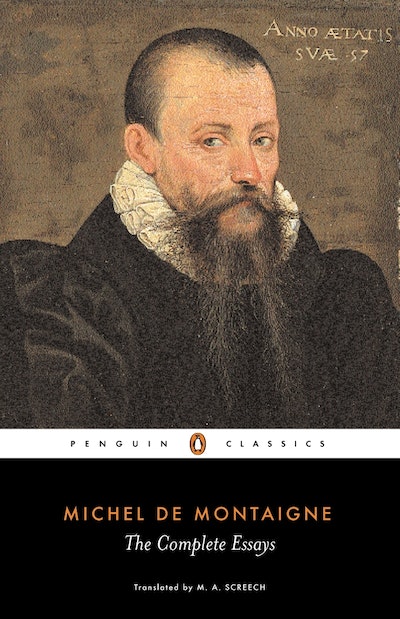Michel de Montaigne was one of the most influential figures of the Renaissance, singlehandedly responsible for popularising the essay as a literary form.
In 1572, Montaigne retired to his estates in order to devote himself to leisure, reading and reflection. There he wrote his constantly expanding 'essays', inspired by the ideas he found in books from his library and his own experience.
He discusses subjects as diverse as war-horses and cannibals, poetry and politics, sex and religion, love and friendship, ecstasy and experience. Above all, Montaigne studied himself to find his own inner nature and that of humanity. The Essays are among the most idiosyncratic and personal works in all literature. An insight into a wise Renaissance mind, they continue to engage, enlighten and entertain modern readers.
Born in 1533, Michel de Montaigne studied law and spent a number of years working as a counsellor before devoting his life to reading, writing and reflection. He died in 1586.
Dr M.A. Screech is regarded as the world's greatest authority on Montaigne.


